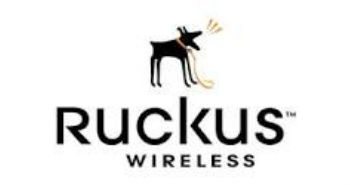Ruckus Wireless (RKUS) may be a beneficiary of Google’s reported plan to subsidize Wi-Fi for small and medium businesses. Google is reportedly trialling the Ruckus Virtual SmallCell Gateway, a cloud-based Wi-Fi controller that works with Ruckus Wi-Fi hotspots. Ruckus would not confirm that report, but did say that its cloud-based controller is currently in the hands of a number of managed service providers around the world. The solution can support 10,000 access points and hundreds of thousands of clients.
Ruckus is clearly a leader in cloud-based Wi-Fi, but it is not the only player. Cloud4Wi, as its name suggests, is primarily focused on cloud-controlled Wi-Fi offerings. Just this week the company announced a new software development kit that will enable developers to create new apps for its Wi-Fi ecosystem. The company wants to help Wi-Fi providers monetize their networks.
For Google, working with just one provider of cloud-based Wi-Fi solutions could mean being locked into that provider’s hardware. While that would be a huge win for any vendor chosen by Google, it might not be Google’s first choice. Developers of virtual gateways may start to explore interoperability with competitors’ hardware.
Google has made few public comments about its plans for Wi-Fi, but there has been no shortage of speculation. Google is reportedly planning public Wi-Fi hotspots for cities that are getting Google Fiber, and is also said to be trialling an Android app that would automatically move users to its Wi-Fi hotspots whenever they are in range.
Follow me on Twitter.

Ruckus reportedly catches Google's eye
ABOUT AUTHOR
